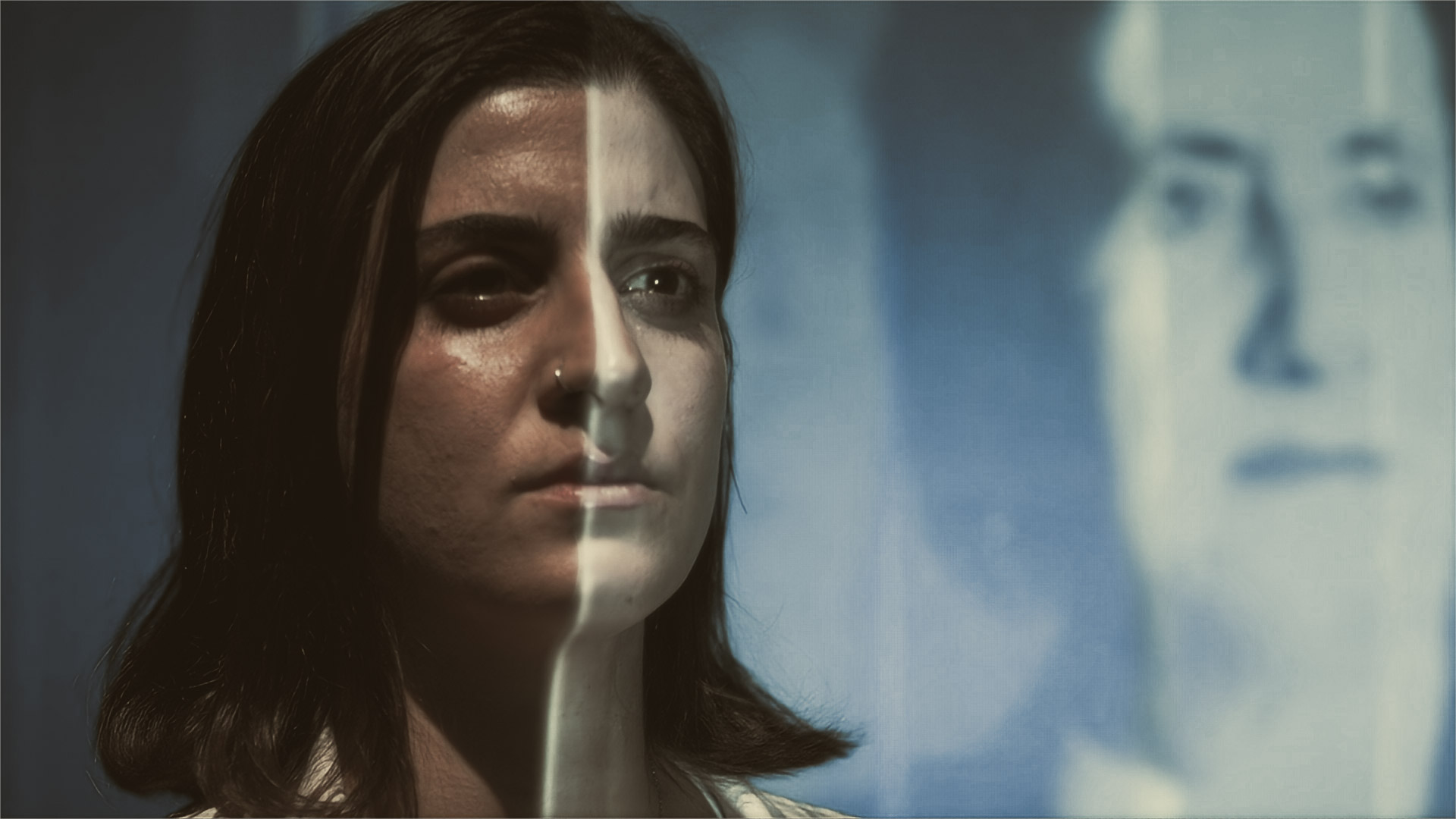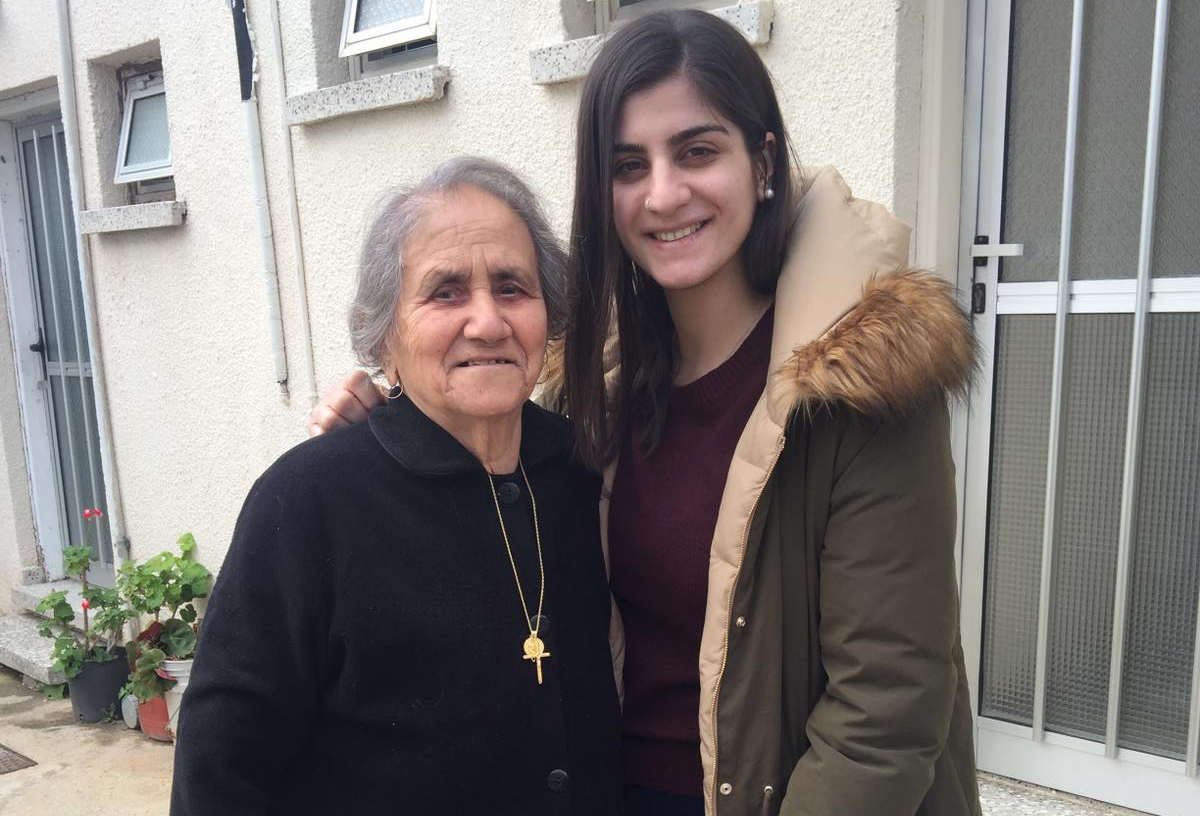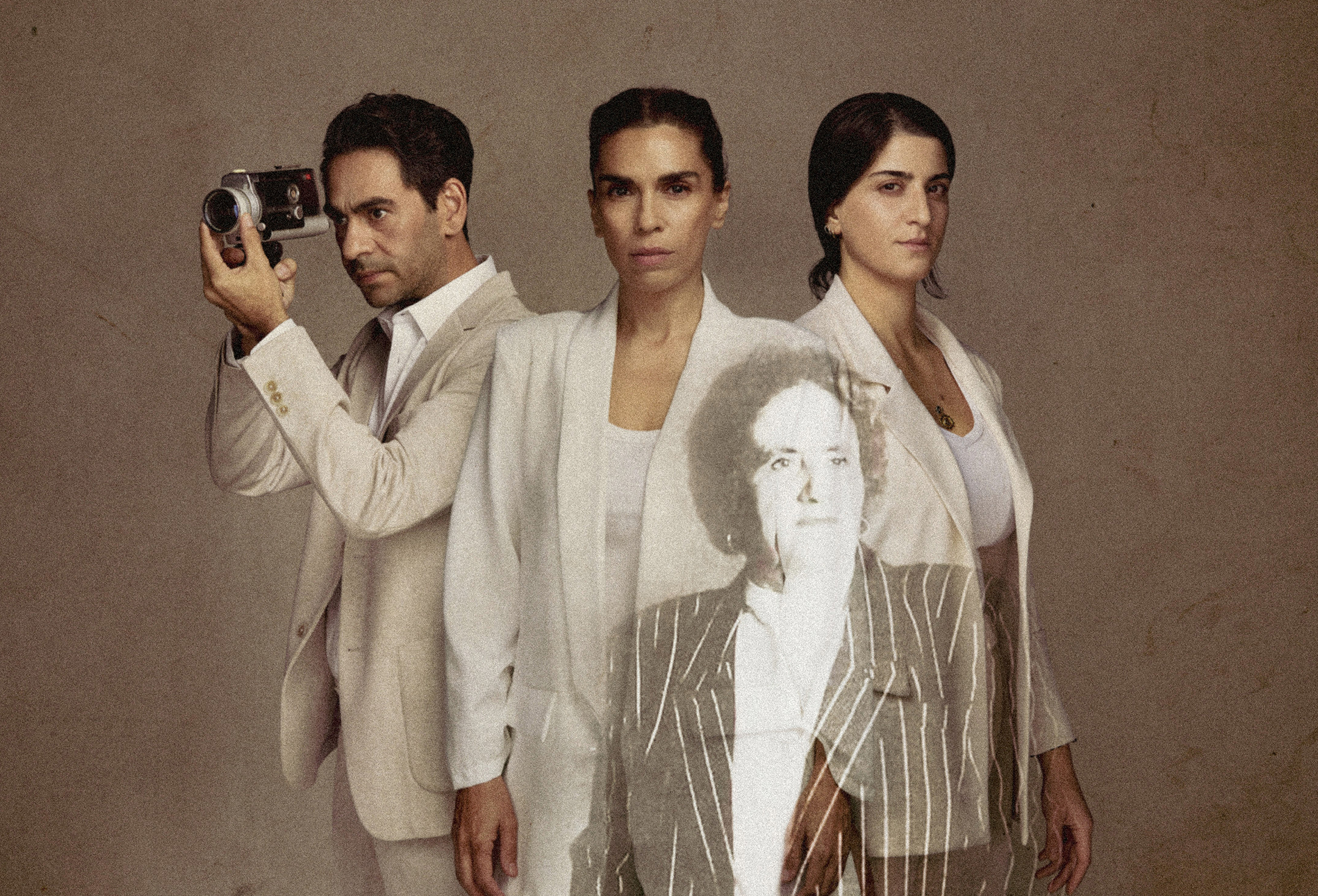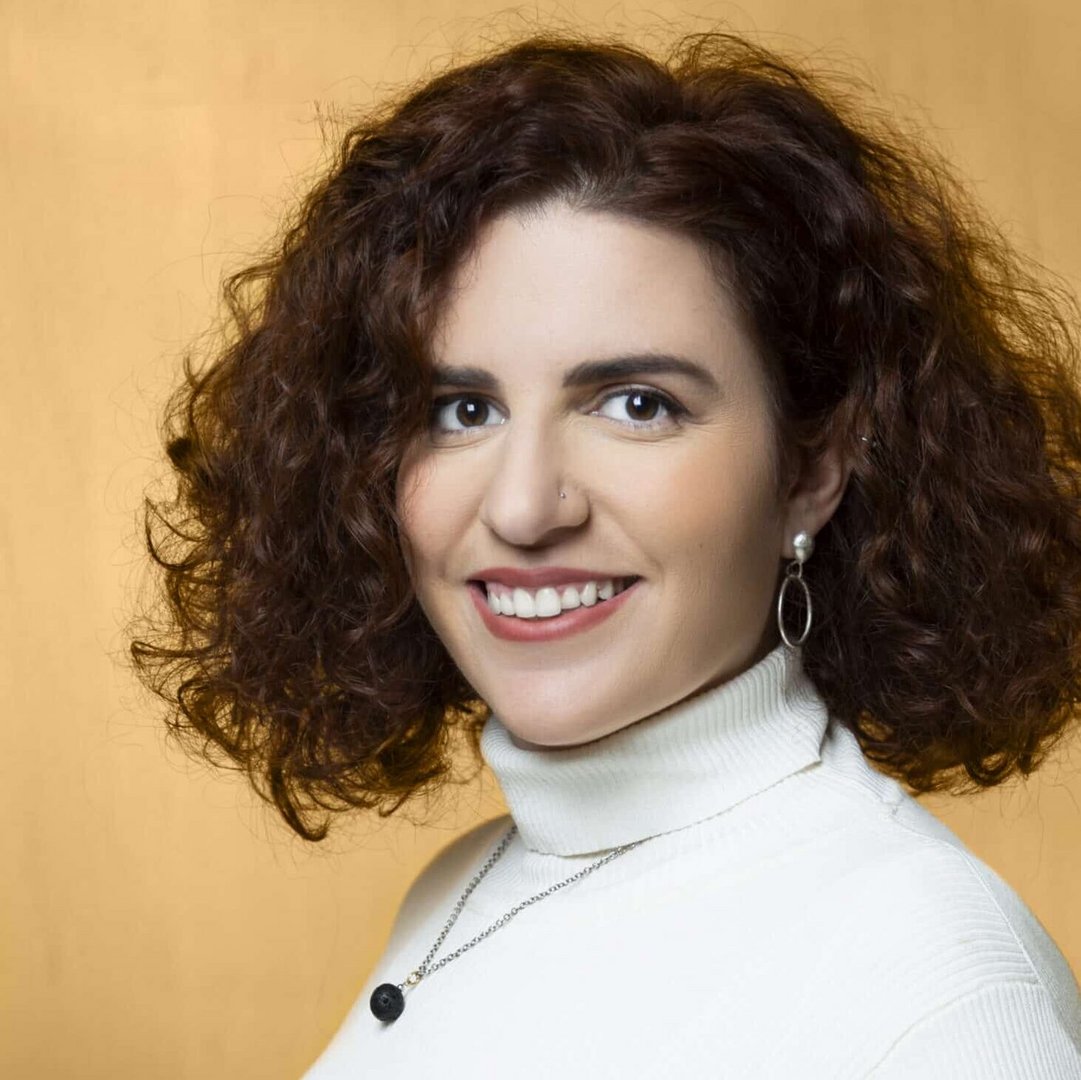Famous in her sixties for singing traditional songs, Kyriakou Pelagia’s story returns to the stage
The late Kyiakou Pelagia is a figure Cyprus knows well. Her unexpected fame in her sixties, her passion for Cypriot tradition and songs such as Eipa sou Xtenistou Lio, have all left a mark on the island’s cultural scene. Now her granddaughter Irene brings the story back to life with the documentary theatre performance I Yiayia mou I Kyriakou (My Grandmother Kyriakou), an innovative production that blends contemporaneity with tradition.
Irene and local artists will present a tribute Cyprus has never seen before – Pelagia before she became the icon she is today. Taking the stage of the Nicosia International Festival for the first time on December 4, the performance is a co-production with Paralimni municipality, where Kyriakou lived.
Irene, a singer and musician, is in a way following in her footsteps. “Music has always been part of my life. My grandfather was a chanter, as are my father and uncle, and my grandmother sang too. These roots were part of me,” she says.
Growing up, Kyriakou Pelagia was simply Irene’s elderly relative. It wasn’t until she left for Thessaloniki to study Musicology that she began to recognise the significance of her grandmother’s work and understand the weight of her musical roots.
“That’s when I realised what this person had achieved. When I was young, I didn’t fully grasp it, even if we performed together or went to watch her live. Only when I started studying music, singing and began talking to her about it did it all click. If I could turn back time, I’d take in everything I could from her.”
Grandmothers in Cyprus have an important role. They keep the family going and act like tiny powerhouses in a society shaped by patriarchal norms. When Kyriakou began her career, in her sixties no less, it wasn’t easy to place a woman of that age and from a village into the music scene. And singing traditional songs and tsiattista? That was said to be men’s work!

“When Michalis Hadjimichael discovered her, it took some convincing to get her to agree,” says Irene. “She was a housewife who was raised in a different era and was loyal to her values, so this must have felt like a massive change for her, a rebellion perhaps.”
Still, her husband, Giorgos, offered unwavering support, and music, especially the quick-witted rhythm of tsiattista, came naturally to her. “That is how she and her father would talk. A rhythmic exchange of verses,” Irene recalls.
Kyriakou’s music ignited a love for tradition across Cyprus. She published a Cypriot poetry collection in 1987 and released her first album in 1995, at the age of 59. For many, she became the traditional voice of Cyprus and the person who put Paralimni on the cultural map. She stopped singing around 2012, after her husband passed away.

Irene is now honouring her legacy. “I remember in an interview she said that she’s passing on the torch to me. That still moves me deeply.” Irene’s path in music is slightly different, yet traces of her grandmother’s musical sensitivity are there.
“We are both modest on stage and share a respect for what we do. Conveying a song’s emotion mattered to her, and that’s something we both share,” Irene adds. “Yet we are different in style. She’d always sing with a hand on her hip, I don’t.”
As we talk, memories pour in – the Saturday family lunches at Kyriakou’s house, the tsiattista phonecalls, and the endless trays she’d bring out for guests. One of Irene’s most cherished memories though, is the last time she sang to her grandmother.

Sitting on Kyriakou’s bed, who was then in her eighties and nearing the end, Irene sang to her, and Kyriakou tried to join her in a few verses. It is, she says, a memory far more sacred than any stage they shared. So, if the song Na Klapsoume Antama (Let Us Cry Together) appears in the show, know that this is likely the scene crossing Irene’s mind.
“The memories are endless, but I can’t tell you everything – I’d be spoiling the performance,” she laughs. I Giagia mou I Kyriakou, coming to the Nicosia Municipal Theatre, and soon to Paralimni, promises to be a one-of-a-kind tribute. The production is based on archival material. Interviews with family members, close collaborators and even Kyriakou herself will offer audiences a glimpse into her life.
“I’ve discovered things even I didn’t know about her,” Irene admits. “The performance reveals who she was, when she first sang, and how the changes in her life affected her.”
On stage, a live interview with Irene will unfold alongside theatrical presentations by actors Margarita Zachariou and Andreas Tselepos, interview projections and live music. A vivid blend of genres will come together, merging contemporary performance, technology and traditional Cypriot music. The entire production places the Cypriot dialect centre stage.
“The Cypriot dialect deserves a place in the cultural world,” says Irene. “We shouldn’t be ashamed of who we are. We need more performances, songs and poems in Cypriot – and young artists are creating them today. But it needs to enter schools too. Children should be taught Cypriot music, tsiattista, and our local poets like Kyriakos Karneras and Pavlos Xioutas. We need to remember these people. Tradition is rising in popularity, but I hope it’s not just a trend.”
One thing is certain: Irene, like Kyriakou, is proud of her Cypriotness. “If she were here today, I’d want her to present this performance. She’d definitely want to be involved,” Irene says with a smile. “She’d like it too. Who wouldn’t want to see their own life story on stage while they’re still alive?”
What would she tell her grandmother today? She looks at me, visibly moved. “I’d tell her she was right. She really did pass on the torch.”
Documentary theatre performance with live music and interview honouring the life and work of Kyriakou Pelagia. Part of Nicosia International Festival 2025. December 4. Nicosia Municipal Theatre, Nicosia. 8.30pm. €8-18. www.more.com/cy-en/tickets/theater/i-giagia-mou-i-kyriakou






Click here to change your cookie preferences